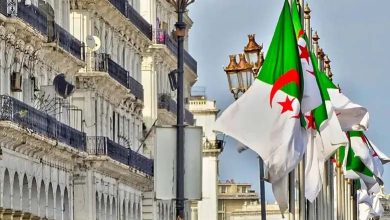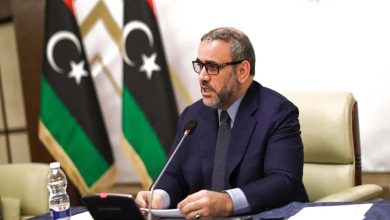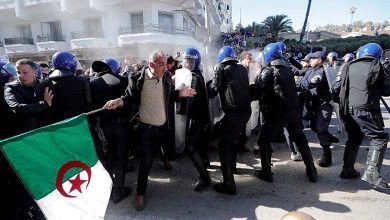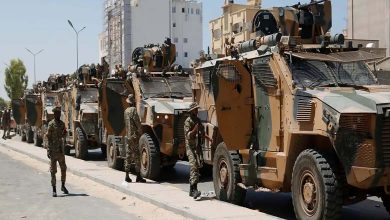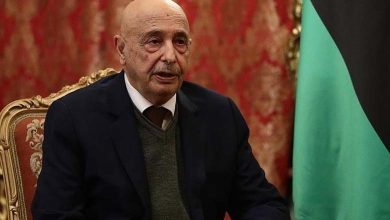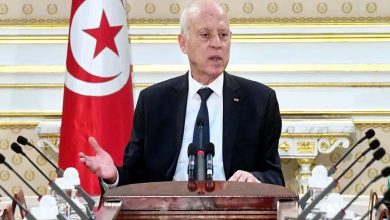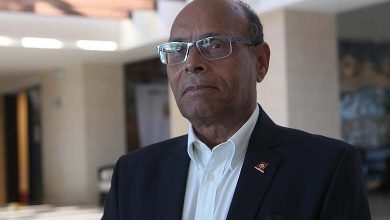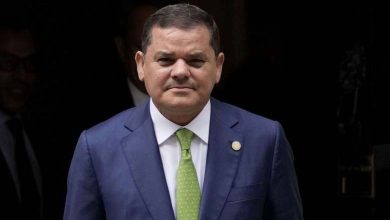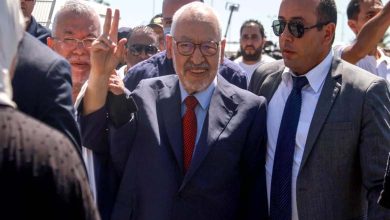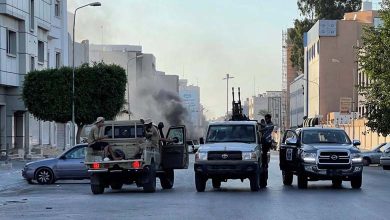Committee (6+6) in Libya reaches agreement on these points… Details
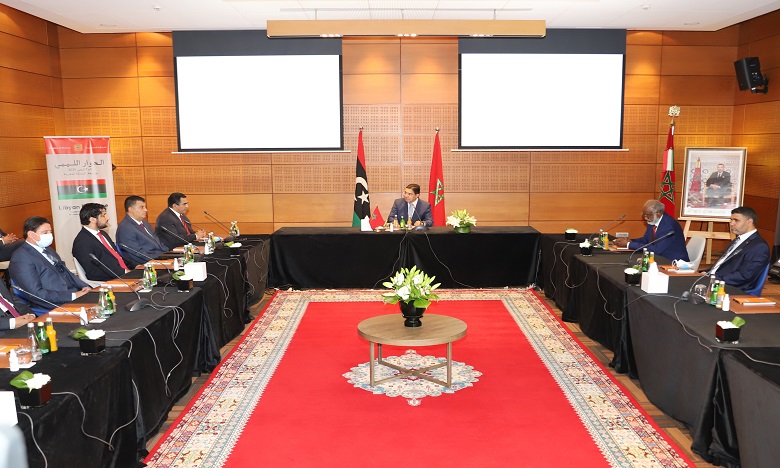
As these consultations are the last opportunity for the Libyan parliament, the State Council, and leaders to resolve differences and resolve the electoral law, the 6+6 joint Libyan committee charged by the parliament and the High Council of State with preparing the electoral law announced, Tuesday evening, that it has achieved full consensus regarding the points related to the election of the President and the members of the parliament.
In a press statement at the end of its second day of negotiations in the Moroccan city of Bouznika, the Committee said that the parliamentary and presidential elections will be held according to simultaneous procedures, and that the next legislative authority (the National Assembly) will consist of two chambers, namely the Parliament and the Senate, noting that this will take some time to formulate and fine-tune its legislation.
The committee called for the formation of a unified government to prepare for elections throughout the country, before the election laws come into effect, “so that the hopes of Libyans are not seized”.
Libyans are betting on meetings in Bouznika to reach consensus on electoral laws, especially on points of contention regarding the conditions for running for president. The High Council of State opposes the candidacy of the military, dual nationals and former regime figures, while the parliament demands that everyone be allowed to participate.
The UN envoy to Libya, Abdoulaye Bathily, has repeatedly called on the 6+6 committee to work expeditiously to reach an agreed constitutional base and move towards elections before the end of 2023, and has threatened to propose alternatives if the parliament and the State Council do not agree on laws to hold elections.
Tracing Bathily’s recent activities, the Senegalese diplomat has been making a remarkable effort to coordinate with actors in eastern and western Libya, where power has been divided between two governments for several years;” one in Tripoli and one in Tobruk.
Facilitated negotiators and experts from Morocco and the UN Support Mission in Libya are involved in facilitating the Libyan negotiations, and mediators have proposed compromise proposals to the parties to bridge differences over national election laws.


